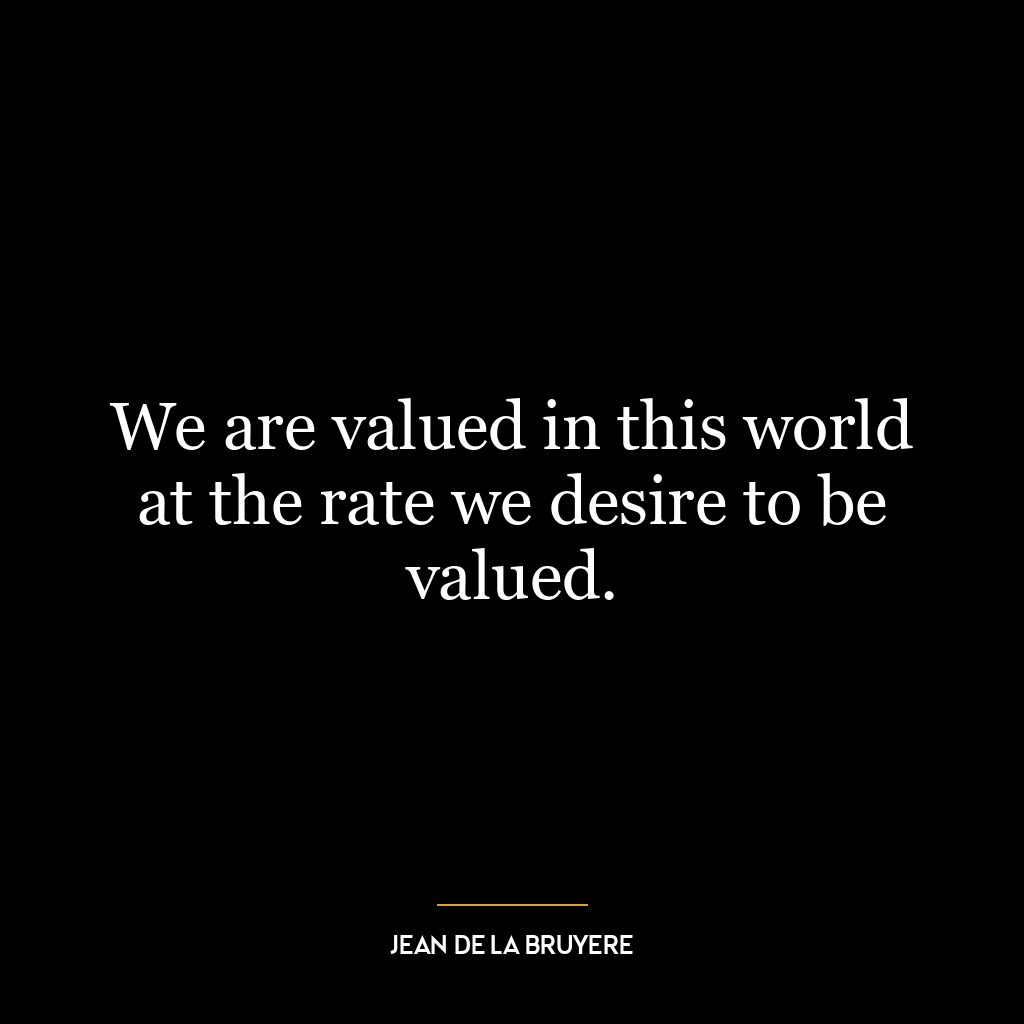This quote essentially means that people often want to avoid the negative consequences of their bad habits or vices, without actually giving up the vices themselves. It’s a commentary on human nature and our common desire for instant gratification without any associated costs.
Simply put, we are frequently enough drawn to the immediate pleasure or satisfaction that comes from our vices, but we also wish to be immune from any potential harm or negative fallout they can cause. For instance, someone might enjoy smoking but hope not to suffer health problems because of it. Or someone may love overspending on shopping sprees but wish not to face financial difficulties consequently.
The reality is that every action has consequences and indulging in unhealthy habits will inevitably lead to some form of harm or discomfort. Emerson’s quote is therefore a call for personal responsibility and self-awareness – recognizing that if we truly want to avoid ‘the mischiefs’ caused by our vices, we must find the strength and discipline within ourselves to give up those vices entirely rather than just wishing away their effects.
In today’s world, this idea could be applied in various ways such as dealing with issues like addiction (to substances, technology etc.), unhealthy lifestyle choices (bad diet, lack of exercise etc.), irresponsible financial behavior (excessive spending/debt), among others.In each case, true change requires confronting not only the harmful outcomes but also tackling the root cause i.e.,the vice itself.
On a broader societal level too – whether it’s environmental damage caused by overconsumption or social problems stemming from prejudice – focusing merely on managing symptoms won’t yield lasting solutions unless underlying causes are addressed.
From a personal development perspective too this concept holds great value. It encourages introspection about one’s own patterns of behavior and urges individuals towards self-betterment – not just superficially trying to mitigate ill-effects but genuinely striving towards betterment by eliminating detrimental habits altogether.















